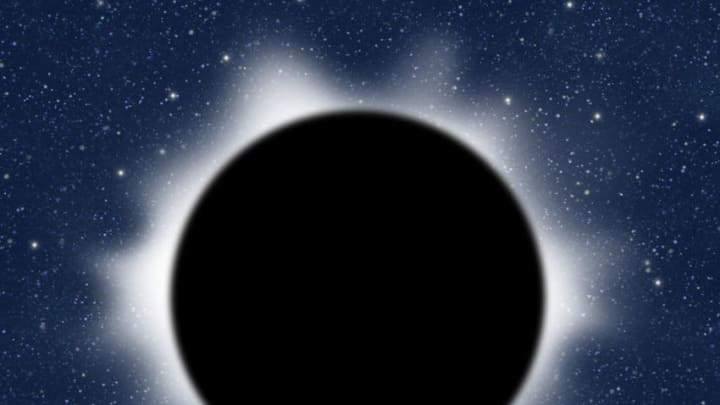What is a total solar eclipse and what we can expect
By Nick Denning

On August 21st, much of North America will experience a total solar eclipse. But what is it, and what can we expect?
Large portions of the United States and North America will be treated to a total solar eclipse on August 21st. It will be the first to span from the Pacific to Atlantic coast since 1979 and will be the last until 2045.
For many, it could be a once in a lifetime experience.
A total solar eclipse is pretty self-explanatory — it is when the moon passes in front of the sun and completely blocks it out. Partial eclipses happen more often, but a total eclipse is a rare event. Next week’s is even more unlikely since total solar eclipses tend to happen for smaller regions, not entire continents.
Next Monday’s eclipse will start in Lincoln Beach, Oregon at 9:05 a.m. PST, and will end near Charleston, South Carolina around 2:48 p.m. EST. The eclipse will only last a few minutes as it passes over each portion of the United States, with Cardondale, Illinois experiencing the longest duration of two minutes and forty seconds. You can read the full lists of cities that will experience the total eclipse here.
Areas close to the path of totality will get a near total eclipse. As the above chart shows, the upper Northwest, Midwest, and Southeastern parts of the United States will have the best view.
The eclipse is a can’t miss event, but it’s important that it’s viewed correctly. Staring straight at the eclipse could cause severe eye damage without wearing proper eye wear. If you’re going to be outside to catch it, please be careful. Those stuck at work or unable to get outside can catch a live stream of it from their computers.
The chances of the total solar eclipse granting random people super powers is unlikely but it will be a fascinating event, nonetheless. Since the next one won’t be for another 28 years, clear your schedule for the few minutes the eclipse passes over and check it out.